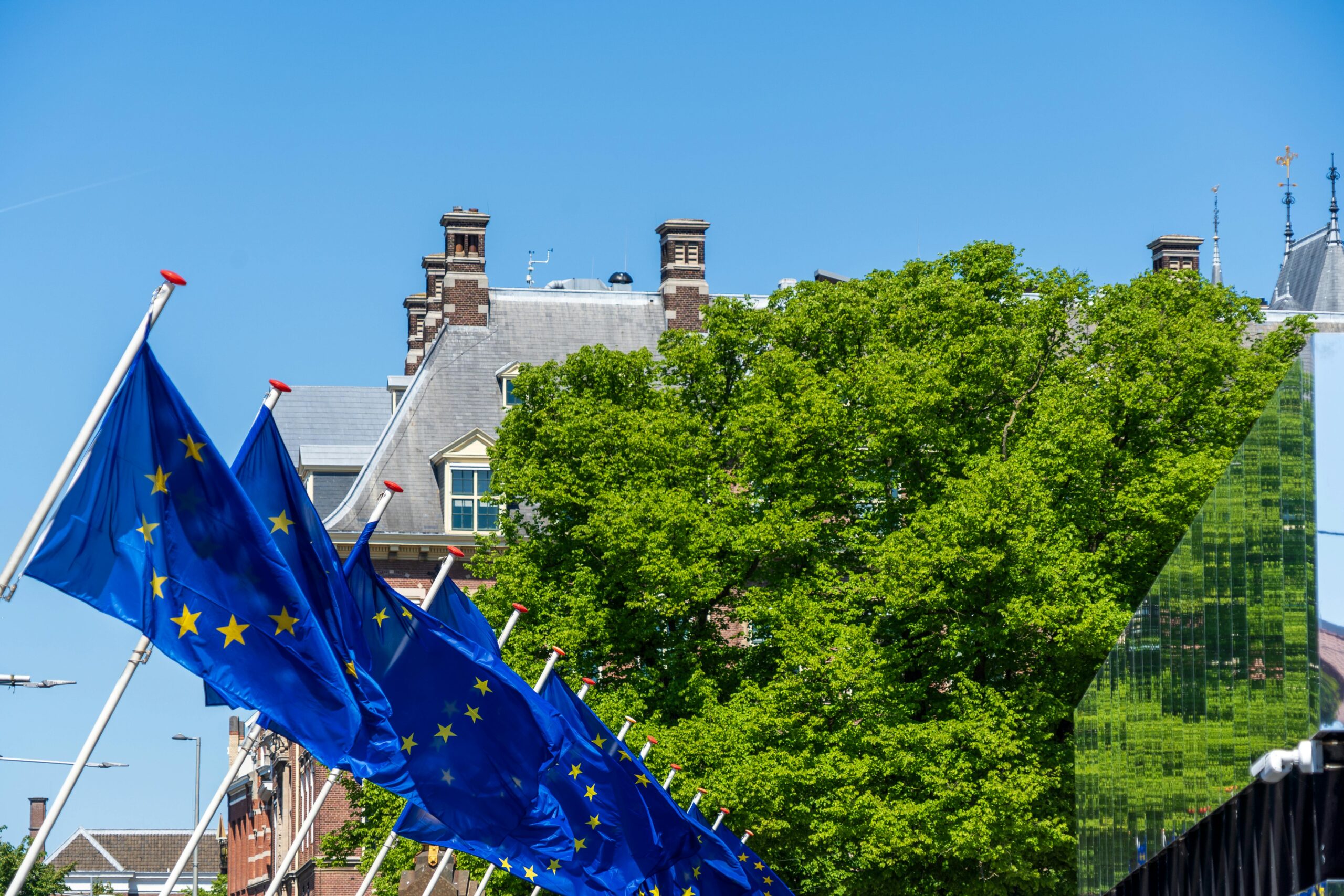Voters in Romania, Poland, and Portugal cast their ballots in pivotal elections on Sunday, (18 May), revealing Europe’s deepening political divisions and the far-right’s rising influence. While pro-European candidates narrowly clinched presidential victories in Romania and Poland’s first-round vote, and a center-right coalition led Portugal’s legislative race, these wins were tempered by surging support for far-right parties—a trend leaving European leaders both relieved and uneasy about the continent’s political trajectory.
Romania: A pro-European victory after a far-right scare
In Romania, the presidential run-off election saw independent pro-European candidate Nicușor Dan secure a surprising victory with 53.6% of the vote, defeating George Simion of the far-right Alliance for the Union of Romanians (AUR). Simion, who garnered 46.4%. Mr. Simion emerged as the far-right candidate after the Romanian Constitutional Court invalidated the results of the first round of the presidential election in December. This ruling followed the discovery of foreign intervention aimed at aiding far-right candidate Calin Georgescu in winning the initial round. The second round of the elections was marked by a record-breaking turnout of nearly 65% (over 11.6 million voters), demonstrating the high stakes perceived by the electorate.
Mr. Dan, the 55-year-old incumbent mayor of Bucharest and a staunch supporter of EU and NATO ties, campaigned on a platform of justice, administrative reform, and continued support for Ukraine. His opponent, Mr. Simion, ran on a nationalist-populist agenda, echoing Trump-style rhetoric and raising concerns with his Eurosceptic stances and past claims on neighbouring territories.
The aftermath of the vote was not without drama. Despite initial indications that George Simion would accept the result, on Tuesday (21 May), he formally announced a challenge to the results in Romania’s Constitutional Court, claiming foreign interference by France and Moldova. Nonetheless, the Constitutional Court validated the results of the election on Thursday (22 May).
Poland: pro-European candidate leads, but far-right looms large in run-off
Poland’s presidential election saw a first-round vote where no candidate achieved an outright majority, setting the stage for a run-off on 1 June. Rafał Trzaskowski, the liberal mayor of Warsaw and candidate for Prime Minister Donald Tusk’s Civic Coalition, emerged as the frontrunner with 31.36% of the vote. He will face Karol Nawrocki, an independent candidate backed by the ultra-conservative Law and Justice (PiS) party, who secured 29.54% of the ballots.
Mr. Trzaskowski has campaigned on strengthening Poland’s role within the EU and reversing controversial judicial and social reforms enacted under the previous PiS government. Mr. Nawrocki, conversely, presented a Brussels-sceptic and anti-Ukrainian platform. The combined vote share for Mr. Nawrocki and other far-right candidates, such as Sławomir Mentzen of the Confederation party (who won 14.81%), highlights the significant presence of nationalist and ultraconservative sentiment in the country. Mr. Nawrocki has already appealed to Mr. Mentzen’s supporters to unite behind him in the second round. The outcome of this run-off will be pivotal in determining Poland’s trajectory, either accelerating Tusk’s liberal agenda or potentially creating further institutional deadlock.
Portugal: centre-right wins, but far-right Chega party skyrockets
In Portugal’s snap legislative elections, Prime Minister Luís Montenegro’s conservative Democratic Alliance (AD) coalition secured the most votes, winning 32.7% and 89 parliamentary seats. However, they fell short of an absolute majority -116 seats out of 230 in the Portuguese Parliament. The most striking development was the historic surge of the far-right Chega party, led by André Ventura. Chega dramatically increased its support to 22.6% of the vote, tying with the Socialist Party, which received 23.4%, in parliamentary representation with 58 seats each. The poor results of the Socialists can be read as a punishment to the party after they forced Mr. Montenegro to call for snap elections, which many voters saw as unnecessary.
This result effectively upended Portugal’s traditional two-party system, which has dominated since the 1974 Carnation Revolution. The Socialist leader, Pedro Nuno Santos, acknowledged the “difficult era for the left” and announced his resignation. While Montenegro has ruled out a coalition with Chega, the far-right party’s meteoric rise from a single lawmaker in 2019 to a significant parliamentary force signals a profound shift. Chega’s success was fuelled by voter frustration over housing costs, healthcare, and immigration, particularly resonating in southern agricultural regions. The challenge for Mr. Montenegro will be to form a stable government in this newly fragmented political landscape.
Conclusions
While pro-European forces might breathe a sigh of temporary relief following the results of these three elections, the underlying narrative from last Sunday across these three nations is one of the undeniable and growing influence of far-right parties. This trend is not isolated but reflects a broader pattern across the European Union.
The elections demonstrated that even when centrist candidates win, the margins can be tight, and the support for nationalist, Eurosceptic, and populist agendas is substantial and expanding. In Romania, Mr. Simion’s strong showing kept the EU on edge. In Poland, the combined support for ultraconservative and far-right candidates exceeded 50% in the first round. In Portugal, Chega has transformed into a significant parliamentary force, illustrating a notable shift in the political landscape.
The broader implication of these results is that the EU must continue to grapple with the rising tide of nationalism and far-right populism. While models of democratic coalitions have offered resistance, as seen in Poland’s 2023 elections, Sunday’s results confirm that the challenge is far from over.

